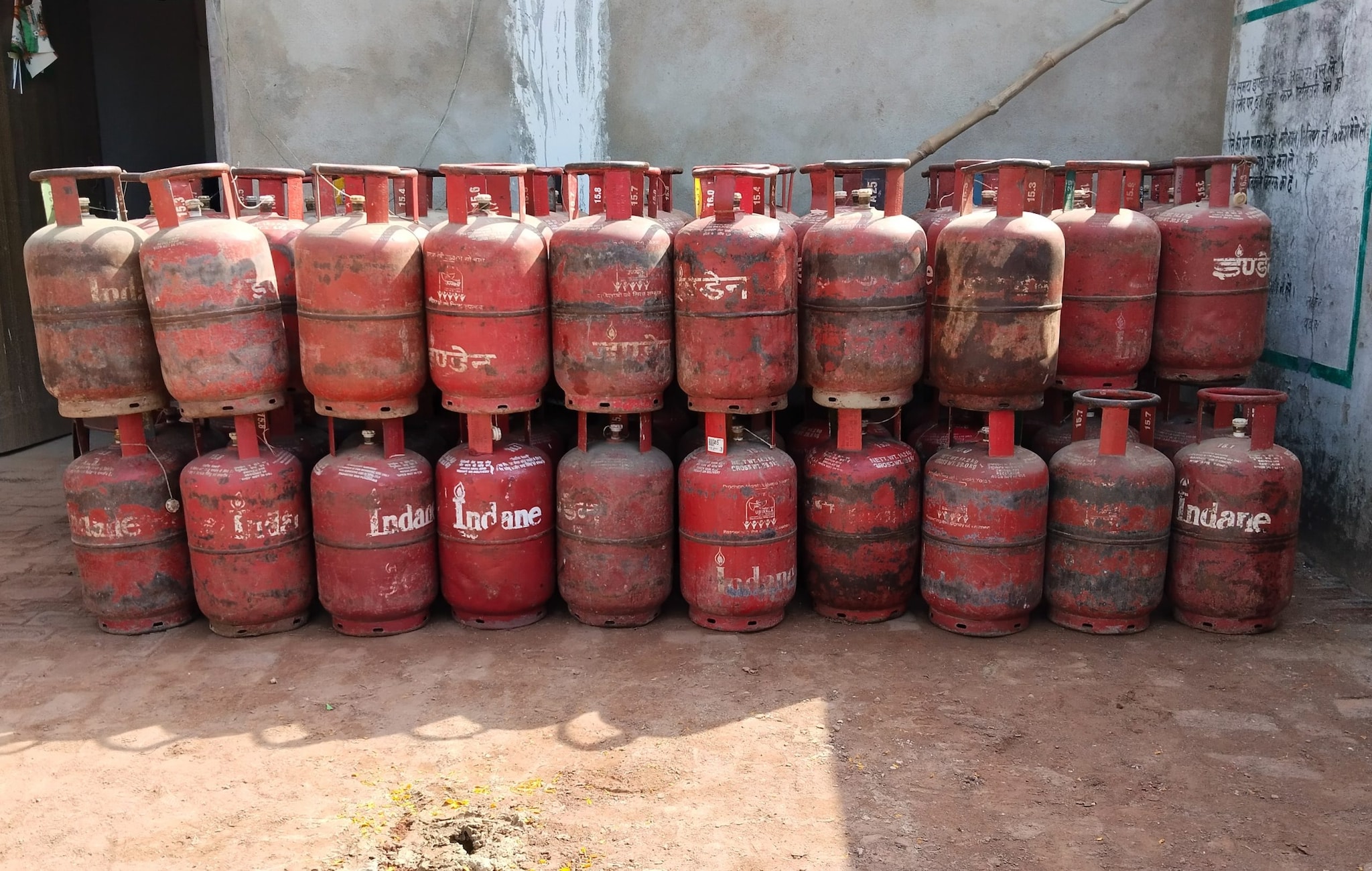A Quebec man has been charged with 33 counts of fraud for allegedly bilking at least 185 investors out of more than $3-million through fraudulent cryptocurrency investment schemes. Patrick Vaillancourt, a 44-year-old resident of Repentigny, a suburb of Montreal, was scheduled to appear at the courthouse in Joliette, Que., on Wednesday, RCMP said in a news release.
Authorities allege that Mr. Vaillancourt lured investors with the promise of “incredible returns” and persuaded them to make investments through fake cryptocurrency trading platforms, according to an investigation by the RCMP’s Integrated Market Enforcement Team. Investor funds were misappropriated for Mr.

Vaillancourt’s personal use and to pay other investors to keep the fraud going, police allege. The alleged fraud occurred over a period of more than four years. Investment scams have become a pervasive problem, and are among the most common and lucrative frauds reported to the Canadian Anti-Fraud Centre.
In total, fraud victims reported a total of $638-million in losses to the centre in 2024, up from $578-million the previous year. Those figures likely represent just the tip of the iceberg, as many frauds go unreported. The RCMP said it has seen a significant spike in complaints about cryptocurrency investment scams that promise quick, significant returns.
They’re typically advertised through social-media ads. Mr. Vaillancourt, who has been described in media reports as a blogger and tattoo artist, has previously been accused of fraud.
In 2017, he was sentenced to 18 months of house arrest for defrauding a man with cystic fibrosis out of $125,000. In that case, Mr. Vaillancourt promoted a product that he said would improve the man’s condition, and also touted an investment opportunity, according to media reports.
The court ordered him to repay the victim. Mr. Vaillancourt could not be reached for comment.
.
Business

Quebec man charged for fraudulent $3-million cryptocurrency investment schemes
Investment scams are among the most common and lucrative frauds reported to the Canadian Anti-Fraud Centre














